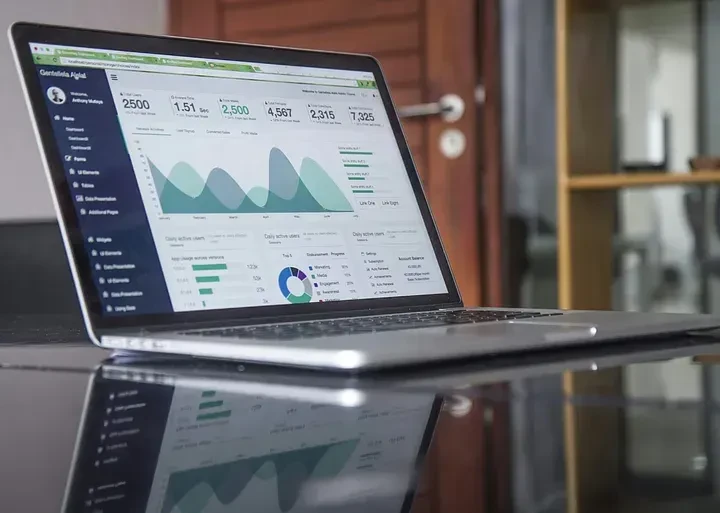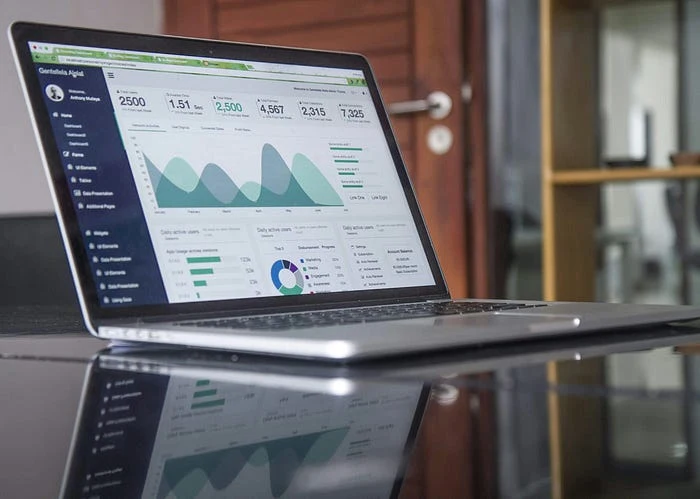How Economic Policy Shapes Everyday Life
Like this project
Posted Apr 28, 2025
Explored how economic policies influence financial realities.

How Economic Policy Shapes Everyday Life: A Look at Finance and Politics
5 min read
·
Just now

Politics and finance are often seen as separate worlds, but in reality, they are deeply connected. Every decision made by lawmakers and public officials has a ripple effect on personal finance, job markets, business growth, and even everyday costs like groceries and gas. Understanding the relationship between political decisions and financial outcomes is essential for anyone who wants to navigate modern life intelligently.
This article explores how economic policies influence financial realities and why being informed about political actions is crucial for financial well-being.
Fiscal Policy: Government Spending and Taxation
At the core of political influence on finance is fiscal policy. Fiscal policy refers to how governments manage their budgets through taxation and spending. When governments choose to cut taxes, increase spending, or tighten budgets, these decisions affect the overall economy.
For example:
Tax Cuts: When income taxes are lowered, individuals have more money to spend. This can boost economic growth temporarily, but it can also lead to larger government deficits if spending is not reduced alongside the tax cuts.
Increased Government Spending: Investments in infrastructure, education, or healthcare can stimulate economic activity by creating jobs and increasing demand. However, it can also result in higher national debt if not balanced carefully.
Fiscal policies often reflect broader political philosophies. Conservative parties may push for lower taxes and reduced government spending, believing that free markets should drive economic growth. Progressive parties may advocate for increased public investment and higher taxes on the wealthy to fund social programs.
Both approaches impact inflation, job availability, and public services, which ultimately touch every citizen’s financial life.
Monetary Policy: Central Banks and Interest Rates
While fiscal policy is handled by elected officials, monetary policy is typically managed by central banks like the Federal Reserve in the United States. Central banks use tools like interest rates and bond purchases to control inflation and stabilize the economy.
Raising Interest Rates: When inflation is high, central banks often raise interest rates to cool off the economy. This makes borrowing more expensive, which slows consumer spending and business investment.
Lowering Interest Rates: In times of economic downturn, lowering rates encourages borrowing and spending, helping to stimulate growth.
Political pressure can sometimes influence central banks, especially when elected leaders want to see fast economic improvements. However, central banks are designed to be independent to avoid short-term political interference that could harm long-term financial stability.
The outcomes of monetary policy are felt directly in consumer loans, mortgages, credit card rates, and savings accounts. In this way, political and central bank decisions shape personal finance on a very tangible level.
Regulation: Financial Markets and Consumer Protections
Another major intersection between politics and finance is regulation. Governments create and enforce rules that financial institutions must follow. These regulations aim to protect consumers, maintain market stability, and prevent abuses.
Key areas of financial regulation include:
Banking Oversight: After the 2008 financial crisis, new regulations like the Dodd-Frank Act were introduced to prevent risky banking practices that could collapse the economy.
Consumer Protection: Agencies like the Consumer Financial Protection Bureau (CFPB) were established to shield individuals from predatory lending, hidden fees, and unfair practices.
Stock Market Regulation: Securities laws and watchdog agencies like the SEC ensure that investors have access to accurate information and that financial markets operate fairly.
Political debates often arise around regulation. Some argue that heavy regulation stifles innovation and economic growth, while others believe that without strong rules, financial markets become dangerous and exploitative.
Regardless of where one stands politically, the outcome of regulatory policies impacts how safe banks are, how accessible loans are, and how trustworthy investments can be.
Trade Policy and Global Finance
Trade agreements, tariffs, and international financial regulations are another major way that politics influences personal finance. Decisions about whether to impose tariffs, sign free trade agreements, or sanction foreign countries affect prices at home and job availability.
For example:
Tariffs on imported goods can make products more expensive for consumers but might protect domestic industries and jobs.
Free trade agreements can lower prices and increase product variety but may also contribute to job losses in certain sectors.
Political shifts toward protectionism or globalization directly influence the cost of living and employment opportunities for everyday people.
Global finance is also tied to political stability. Events like Brexit, sanctions against countries like Russia, or trade wars between major economies all create financial ripple effects that impact stock markets, exchange rates, and international business.
Political Ideologies and Financial Strategies
Understanding the basic economic philosophy of political parties can help individuals plan their financial strategies more effectively.
For instance:
In an environment where a government prioritizes lower taxes and reduced regulations, there may be greater opportunities for entrepreneurship and business investment.
If a government leans toward expanding social programs and raising taxes on high incomes, individuals may see changes in healthcare costs, education funding, and retirement planning options.
Voters indirectly shape their own financial futures by choosing political leaders whose economic policies align with their personal financial goals and values.
Why Financial Literacy Must Include Political Awareness
Financial literacy often focuses on budgeting, investing, and saving. While these are crucial skills, true financial empowerment also requires understanding the political forces that shape economic conditions.
Being politically aware means knowing:
How tax policies will affect your paycheck
How healthcare legislation could impact your medical expenses
How inflation control efforts may influence mortgage rates
How changes in trade policy might affect job markets and product prices
Informed citizens are better equipped to adapt to policy shifts, advocate for their interests, and make financial decisions that protect and grow their wealth.
Closing Thoughts
Finance and politics are inseparably linked. Every new law, regulation, or policy proposal carries financial consequences for individuals, families, and businesses. By recognizing how political decisions impact economic realities, people can better prepare for changes, make smarter investments, and exercise their rights as informed voters.
Staying financially literate means staying politically aware. In a world where economic changes can happen overnight, knowledge is not just power — it is security.





